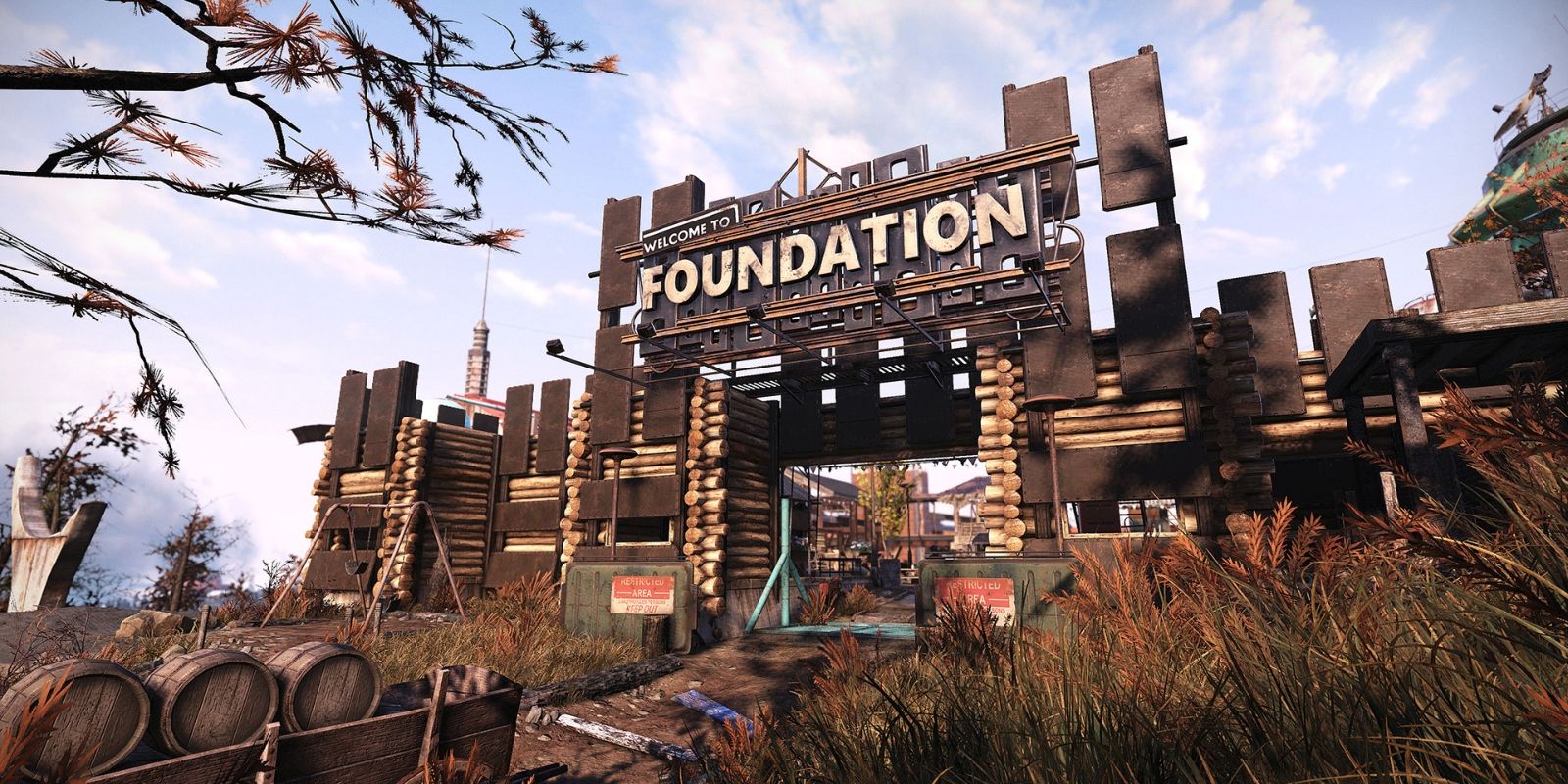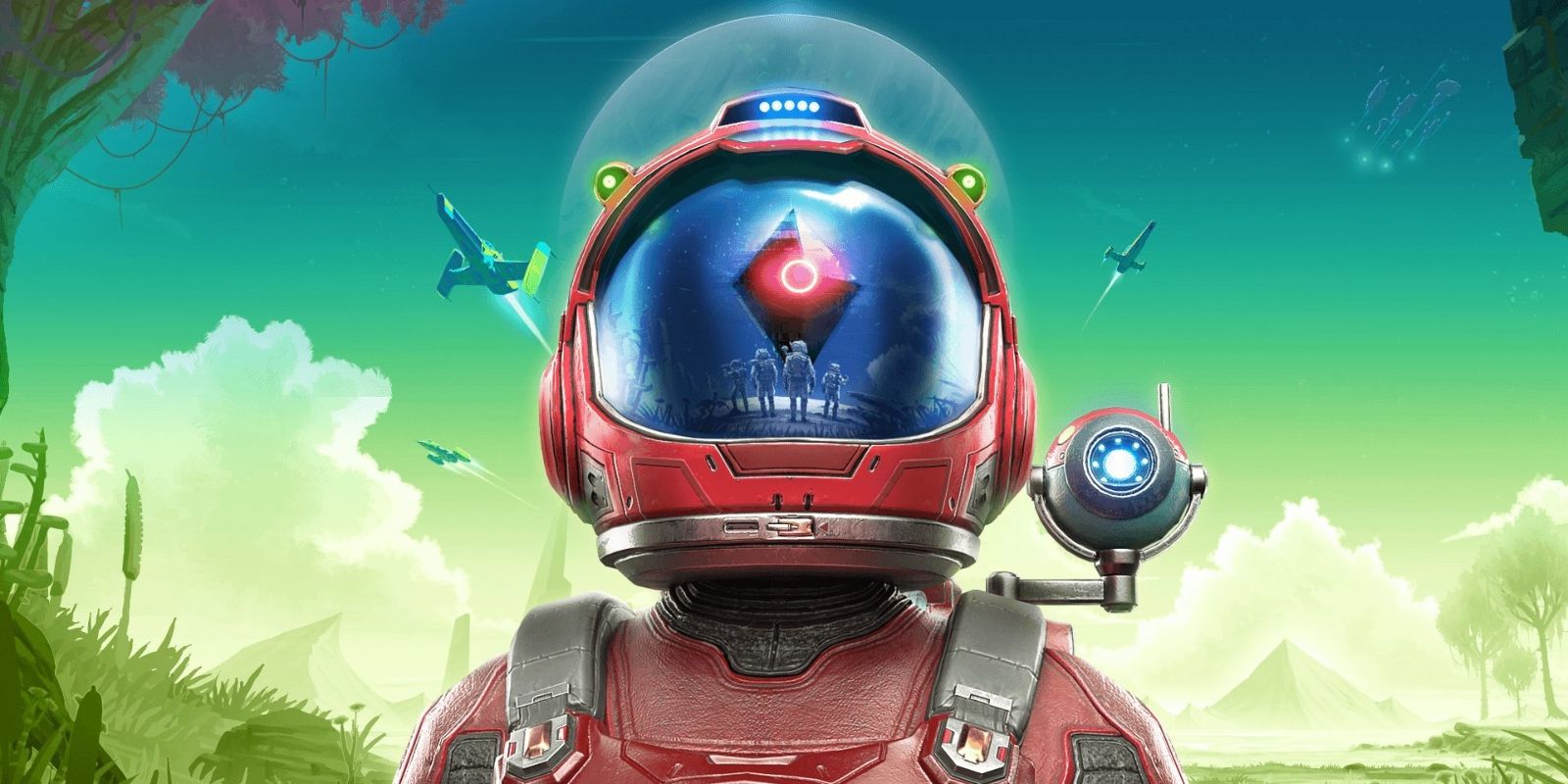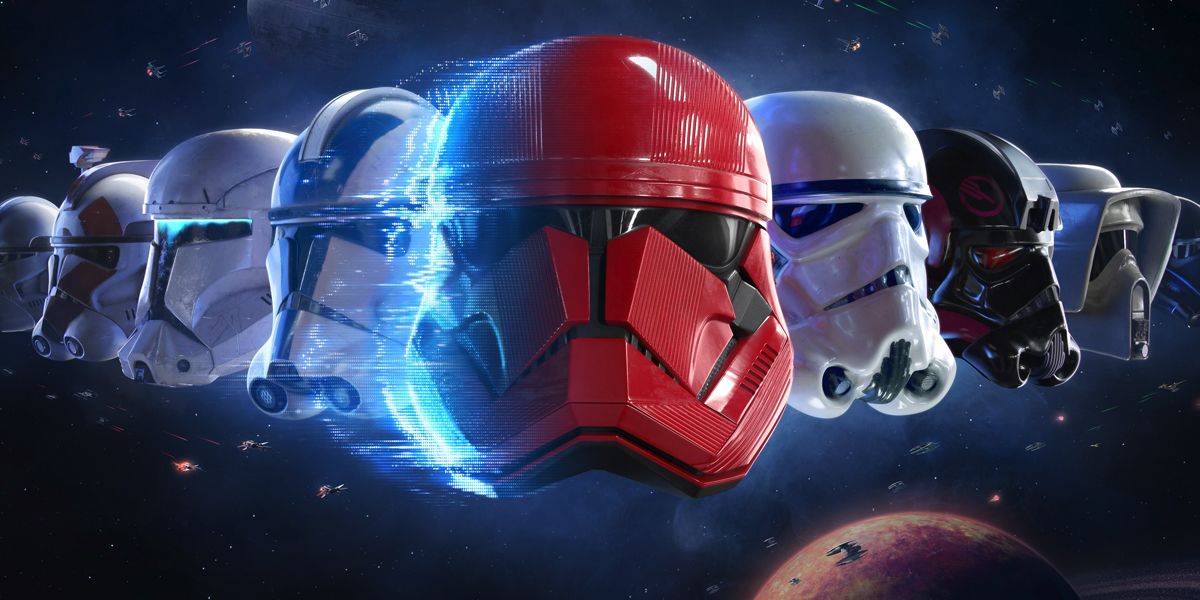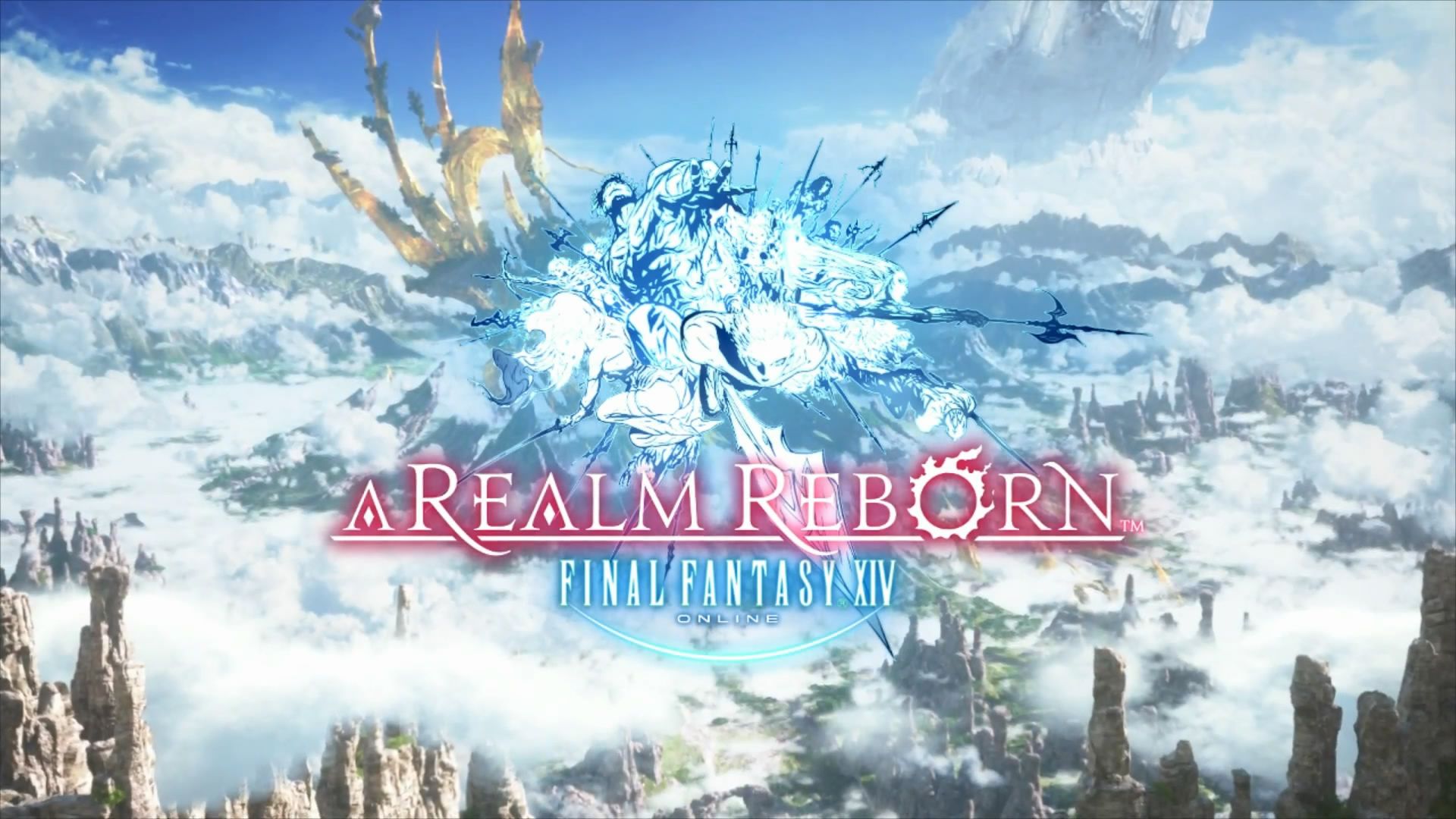When Fallout 76 released in 2018, many fans were disappointed by the game's lack or NPCs, empty-feeling world and bugs. The game currently has a 52 on Metacritic, receiving mixed reviews from critics and overwhelmingly negative reviews from players. Since then, Bethesda has provided updates and improvements, and Wastelanders attempts to address the rest of the game's remaining issues.
In the past, when a game was poorly received, there wasn't much that could be done about it. Luckily, with all platforms having internet capabilities, it's now possible for games that need fixes (whether it's because the developers cut corners or certain mechanics aren't working as intended) to receive them in the form of updates. While it remains a matter of opinion whether Wastelanders finally makes Fallout 76 everything fans wanted, let's look at some other games that were able to turn things around.
No Man's Sky
While Hello Games delivered on its promise of being able to generate billions of unique planets, No Man's Sky was still unable to hold players' attention. Upon launch, many complained that the game was repetitive because (while there were billions of places to go) there were a limited number of biomes filling the universe, meaning that the whole game got repetitive fast. With few gameplay options, there was a lot to see but not much to do.
While it took some time, Hello Games managed to turn the game around using free updates. No Man's Sky received building mechanics, playable quests and sandbox modes after launch. The most notable updates were No Man's Sky: NEXT, which introduced the long-awaited multiplayer, and Beyond, which expanded multiplayer and added VR support. These updates keep players coming back to the game, whether they were early adopters who were initially disappointed by their purchase or newcomers looking to experience everything the game now has to offer.
Star Wars Battlefront 2
Another game that failed to meet expectations upon launch was Star Wars Battlefront 2. Even before the official release of the game, critics had problems with the gameplay. While many enjoyed the game's multiplayer, they felt that the single-player campaign was lacking. Even the praise towards multiplayer came with caveats, as loot boxes were present in every aspect, and EA's game became a part of a larger conversation on whether or not this was a fair way to make games.
Listening to their fans, EA removed the loot box aspect of the game the day before its official launch. This came with its own issues, though, and the fans who did enjoy the loot boxes had their own complaints. The mechanic was eventually reintroduced, though they were retooled to only contain in-game currency and aesthetic items, thus keeping the playing field fair for everyone.
On top of that the game is still receiving content updates and bug fixes, which have completely turned the game around from one marred by controversy to something fans can enjoy.
Final Fantasy XIV
While the last two games were able to fix what was broken through content updates, some games have so many issues that all there is to do is start from scratch. Square Enix's Final Fantasy XIV received such poor reviews that the development team was replaced and the whole game was remade. The result, Final Fantasy XIV: A Realm Reborn isn't usually considered a new game, but rather a relaunch of what the game that released three years earlier was meant to be.
In a risky but consumer-friendly move, Square Enix was transparent in regards to what it was going to do. The company released letters to fans that updated them on what was happening and what changes were going to be made. Plus, when Final Fantasy XIV: A Realm Reborn finally launched, players who had already purchased copies of the first game were given a free copy.
Of course, it would be better for everyone involved if developers didn't have to go back and remake or fix games after launch. Generally, it's better to delay a game to provide the best possible product upon release. But what these games prove is that, when developers are willing to listen to and respect fan feedback and be flexible when it comes to changes, a poorly received game does not have to stay that way.




